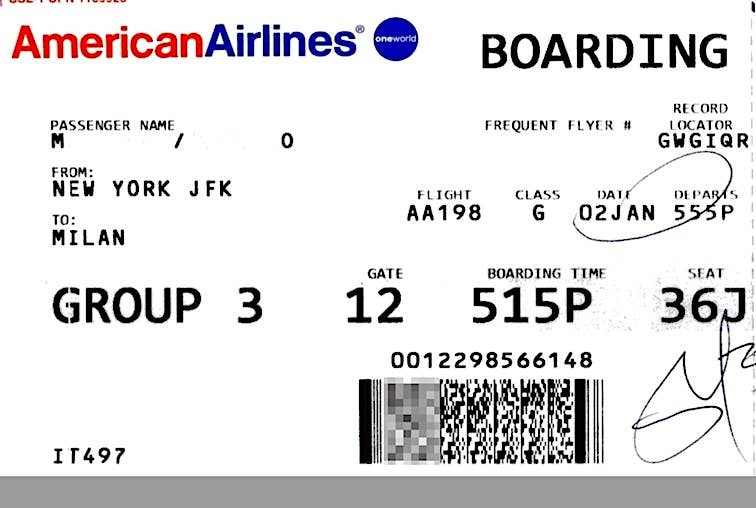DOT’s Airline Refund Rules Go Into Effect Today
Airlines’ reimbursement policies get more consumer-friendly.

Credit: Wikimedia Commons
A new federal rule on airline refunds went into effect today. The U.S. Department of Transportation (DOT) edict requires airlines to provide automatic refunds if a flight is canceled or “significantly changed.” When the new policy was announced in April, Transportation Secretary Pete Buttegieg said, “Passengers deserve to get their money back when an airline owes them—without headaches or haggling.”
The new standardized rule mandates that airlines must refund passengers’ payments automatically when flights go wrong. Buttegieg said, “Our new rule sets a new standard to require airlines to promptly provide cash refunds to their passengers.”
Significant changes are defined as domestic flights arriving more than three hours late (six hours for international flights), when passengers depart from or arrive at an airport other than their scheduled departure or destination location, when they are downgraded to a lower level of service, and when they are forced to have a higher number of connections.
The new rule also addresses delayed baggage returns. Passengers are now entitled to refunded baggage charges if their checked luggage is not delivered within 12 hours of the flight’s arrival (domestic flights) or 15-30 hours on international flights. In addition, automatic refunds must be issued for fees paid for services not delivered such as Wi-Fi, seat selection and inflight entertainment.
And finally, the refunds must be issued in cash “or whatever original payment method the individual used to make the purchase” within seven business days for credit cards and 20 calendar days for other payment methods, such as airline miles. Vouchers, travel credits and other forms of compensation are no longer acceptable “unless the passenger affirmatively chooses to accept alternative compensation.”






